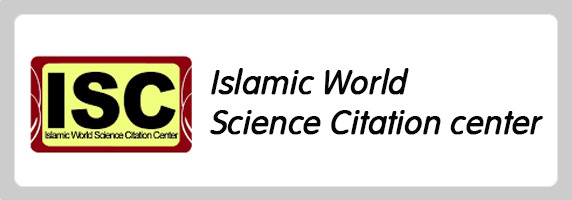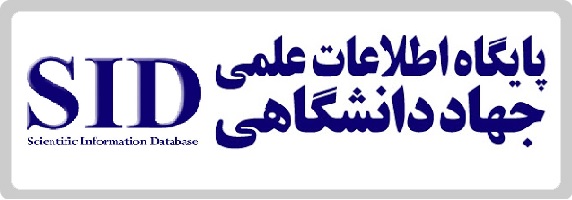The Comparison of Mystical and Salafi ontology according to Ibn ʽArabi and Ibn Taymiya
Keywords:
Ibn ʽArabi, Ibn Taymiya, mysticism, Salafism, ontology, WahhabismAbstract
Comparing the mystical and Salafi approach in ontology by emphasizing on the views of two eminent representatives of these approaches, i.e. Ibn ʽArabi and Ibn Taymiya is important in some respects. The difference between the speculative principles of Ibn ʽArabi as a founder of speculative mysticism and Ibn Taymiya as the most influential person in Salafi thought hasn’t been examined in any research thus far. Ibn ʽArabi’s emphasis on pantheism – and his belief that sole instance of real existence is God and other beings such as material and immaterial ones are manifestations of absolute existence - is in contrast with the pluralistic thought of Ibn Taymiya who regarded God as a material being who is perceptible and also denied the existence of immaterial beings. Their differences in ontological approach can be found in some issues such as their idea about the existence of God, existence and essence, the theory of eternal essences. These differences can be found in other spheres such as anthropology, epistemology and eschatology either. The present paper manifests their fundamental differences by analytical method and by emphasizing on their most important works. Although the impossibility of synthesis of these approaches is the confirmed point in this paper, mentioning the consequences of these approaches is not the aim of this paper, but they will be understood implicitly.





